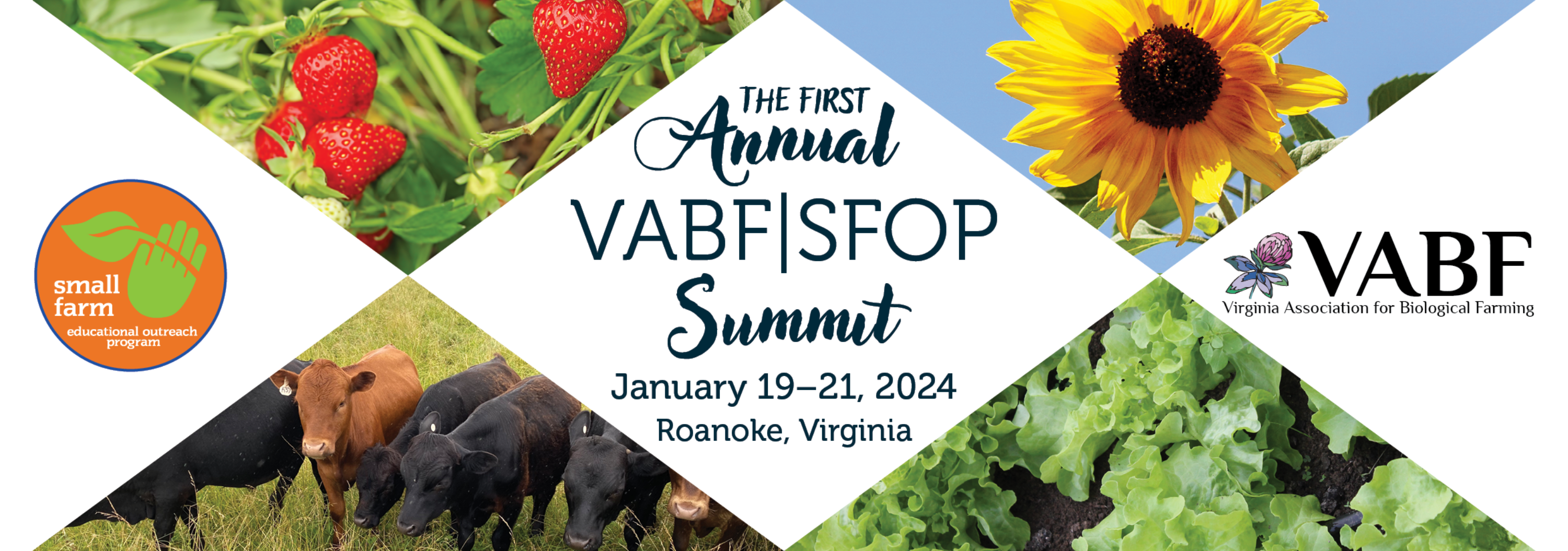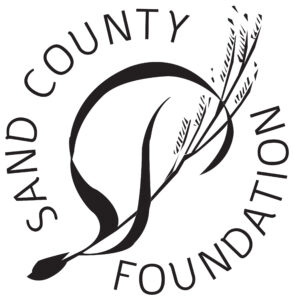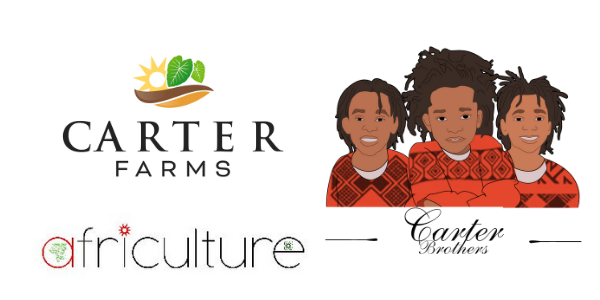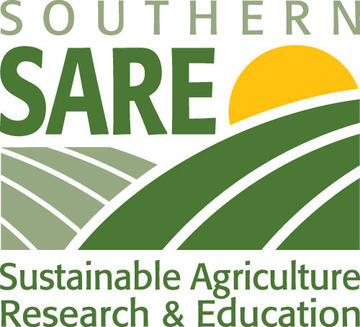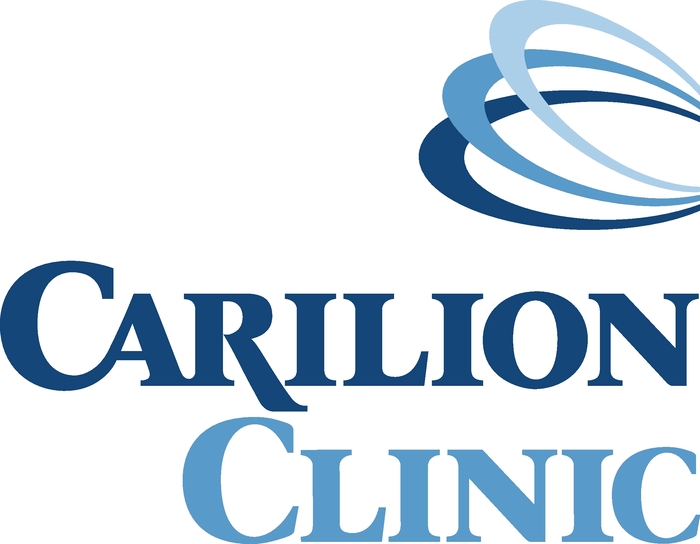Living on the (Leading) Edge
Julie Rawson and Jack Kittredge with Many Hands Organic Farm
Building Community on the Farm – Part One
We have a small certified organic CSA farm with 2 acres vegetables, 1 acre fruit, 5 acres animals on pasture, about 40 acres in woods, and several hoophouses. In the peak of the season we average 5 or 6 workers per day, half paid staff, half working shareholders or volunteers. The field work is mostly soil building, planting, tending and harvesting vegetables, moving pastured chickens, turkeys and pigs, and pruning and harvesting berries, grapes and tree fruit. There is also plenty of marketing, machine work, building and repairs, financial analysis and planning.
We will talk about how we make the farm the center of a vibrant and supportive community: by providing workers with two daily sit-down meals, by a weekly newsletter that reaches a thousand subscribers, by welcoming children, by paying fair wages and providing the “health insurance” of lots of farm product, by frank and therapeutic discussions in the fields, by going maskless and encouraging personal health through natural means rather than drugs and vaccines, and by employing the unique strengths and passions of each person who arrives here.
Activism on Ag Policy – Part Two
We have spent many years advocating for policies fairly treating organic and small farms such as effective certification protocols and legalized marketing of healthy local product such as raw milk and farmstead meats, as well as opposing opposing industrial farming practices like promotion of GMOs, use of sludge for crop nutrition, aerial spraying of insecticides for ‘public health’ and mandatory registration of farm animals. We have developed several successful campaigns for small farmers around these issues and can discuss strategy and organizing tips.
It is our belief that consistently healthy food production requires both thoughtful farmers and appreciative consumers. These are best achieved by small and moderate-sized operations which are actively in contact with the families they feed. Such coalitions can also lead in promoting policies to enhance farm viability and strengthen popular ag consciousness in support pf local food production. Farms can be community bastions of independence and freedom in a society which is increasingly regimented and industrialized. We will talk about our experience working to achieve that. Information regarding transition to certified organic will be provided at this session.

